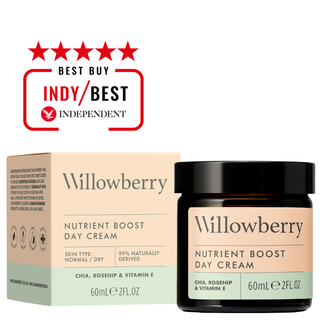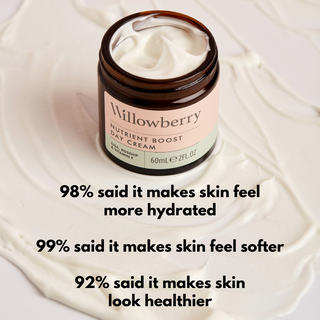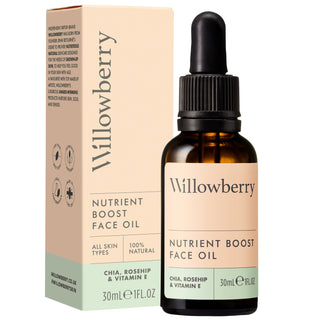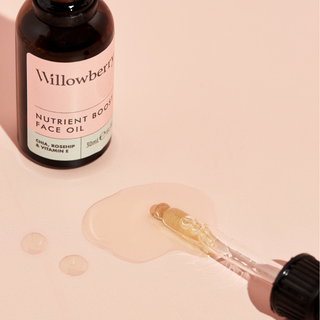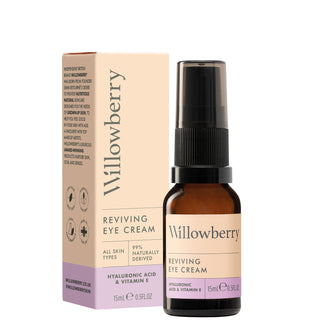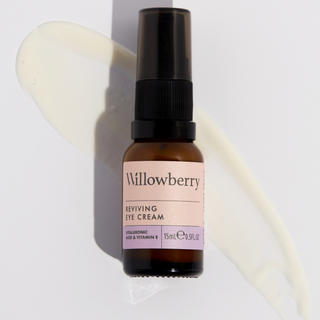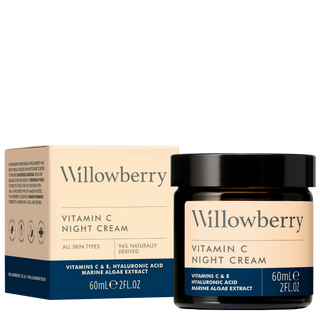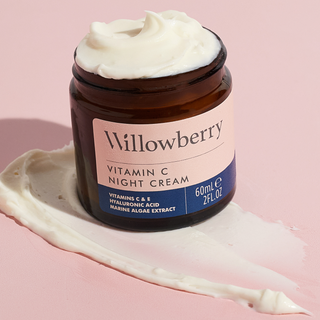Our Willowberry Age Without Apology Insta Live Series is held bi-weekly on our Instagram page. These live chats with expert guests are designed to help you navigate age with confidence and style. Here are the highlights of our recent chat with menopause nutritionist Emma Bardwell.
Emma Bardwell is a registered nutritional therapist and women’s health specialist. Her work aims to demystify the menopause and perimenopause. Emma has spoken on the subject on the BBC and in Red magazine among others.
Perimenopause and menopause are finally coming out into the open. To help make sense of these important life stages, Emma talks us through what our hormones are up to, symptoms to look out for and vital tips on how a good diet can make a big difference.
First things first: The difference between perimenopause and menopause
Lots of people mix up menopause and perimenopause. The time leading up to the menopause is the perimenopause (peri just means ‘around’) and that for many women is the tricky bit. It can start in your late 30s and go right up to your final period, the average age for which is 51. Menopause is literally the day of your final period. After that you are post-menopausal.
Perimenopause symptoms to look out for
They are very diverse: brain fog; lack of confidence; loss of self-esteem; hot flushes; night sweats; joint pains; vaginal dryness; acne; dry skin; itchy skin; rashes. Lots of women will find that they become more sensitive to sunlight or perhaps food intolerances will suddenly rear up. Tinnitus can sometimes be related to these dips in hormones and something called formication which can feel like insects are crawling under or just over your skin, pins and needles too.
We don’t want to be alarmist so if anyone is thinking ‘Christ! I’ve got all this to come’, you won’t experience all of those symptoms and 1 in 4 women don’t experience any.
Fluctuating hormones
The reason that most of these symptoms happen is hormone driven. It tends to be that progesterone drops off first. We use it to produce GABA (gamma aminobutyric acid) which is our calming neurotransmitter, we use it for sleep. You might start to suffer from insomnia or wake up numerous times during the night.
At the same time, oestrogen is fluctuating wildly so when it’s high you get things like tender breasts and wild mood swings and when it’s low you can become really fatigued; dehydrated; you might have low self-esteem; skin changes.
Then there’s the third hormone: testosterone. When those levels go off quite often you can see things like acne, particularly around the jaw line.
What you eat can really help
Plenty of plant-based foods, lots of colour, lots of diversity, lots of antioxidants, lots of healthy fats. Add in plenty of vitamin E sources like avocado, olive oil, nuts and seeds, and stay hydrated. Hone in on those basics.
In terms of hormones, particularly during the early stages of perimenopause, you can look to things like phytoestrogens (oestrogens in plant form). They act like oestrogens but they are much weaker. You’ll find them in things like soy, tofu, flaxseeds, chickpeas.
Soy has previously had quite a lot of negative press but the majority of the research says that soy is totally safe, so a couple of portions a day of tofu or tempeh can be really helpful.
The importance of gut health
One of the key things you can do is look after your gut health; lots of hormones are synthesised in your gut, and it pays really big dividends with your skin as well. Really focus on getting lots of fibre: most of us are only getting half of what we need. So, lots of flaxseeds: grind them up, put them in yoghurt or on your porridge. Fermented foods are really good to get the live bacteria into the gut microbiome. A probiotic might be useful, some people find it’s good, some people don’t. Stress has a massive impact on gut health too.
This is all making me want a glass of wine…
A lot of women find alcohol is a crutch at this time, which is totally understandable. You’re feeling really lousy, you’re not sleeping, life can feel quite hard so a lot of women turn to alcohol, but it doesn’t serve us particularly well. It doesn’t help with weight, doesn’t help with mood, it certainly doesn’t help with things like hot flushes and night sweats and also the next day it’s quite a depressant so it can make you feel really low. Taking out alcohol can have a real, instant benefit.
Sussing out supplements
They are a bit controversial but things like red clover (a type of isoflavone or plant oestrogen) definitely do have their place. They are not recommended if you have breast cancer or are on Tamoxifen simply because the research hasn’t been done as to how they might affect those women.
Exercise is your friend
Exercise has anti-inflammatory properties; it’s a great stress-buster; it helps you to sleep; and it’s been shown to help women who suffer with things like hot flushes. Focus on strength training, particularly if you are suffering from weight gain, a symptom which crops up in every consultation that I do. Building muscle mass has massive physical benefits and it’s really empowering for women too.
Listen to your body
I think perimenopause in many ways is a call to action. It’s your body saying you can no longer get away with eating whatever you want, late nights, alcohol, not particularly looking after yourself. Perimenopause is a confronting time where you have to turn the spotlight on yourself and hammer home some good habits.
How to Age Without Apology
It’s about being comfortable in your own skin. You care less, you know yourself a bit better, you’re more intuitive, wiser and I think that is beautiful. It’s about trusting yourself; it’s about realising and recognising that you are this amazing person and that is enough. Who you are is enough.
Watch our live chat with Emma Bardwell in full here. Follow Willowberry on Instagram and look out for our Age Without Apology Insta Live Series every other Wednesday.
Willowberry is nutritious natural skincare for grown-ups, for your best skin.
A favourite with top make-up artists, Willowberry's luxurious award-winning products protect skin’s natural barrier function, to nourish and revive grown-up skin without telling women to be 'anti-ageing'.
As seen in Vogue, Independent, The Telegraph, This Morning and more.


